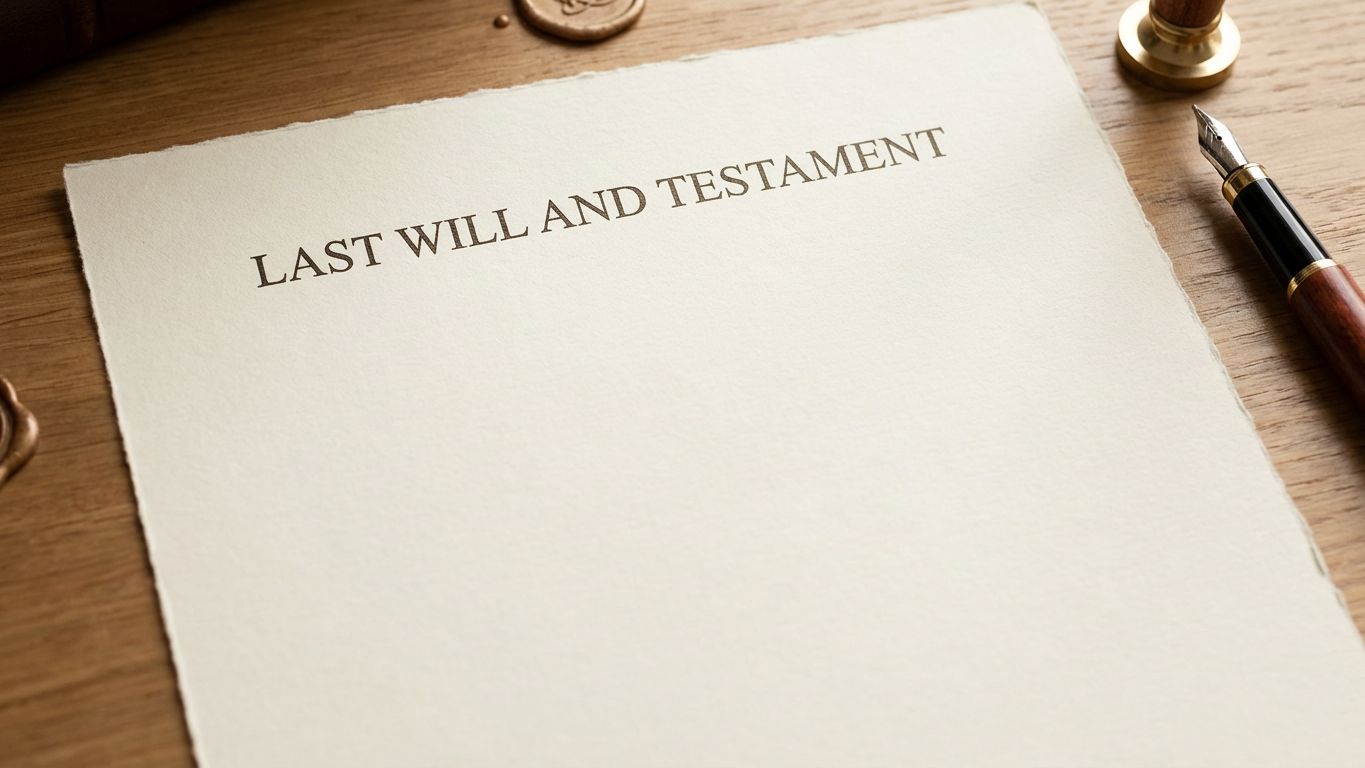Why DIY Wills Often Fail: Lessons from Estate Planning Experts

Planning for what happens after you're gone isn’t exactly anyone’s idea of a fun weekend project, which is why DIY wills can look tempting. They seem quick, cheap, and straightforward—until they’re not. Estate planning attorneys see the fallout from these homemade documents all the time, and the pattern is surprisingly consistent: small mistakes turn into big problems. If you’re thinking about writing your own will, here’s what experts say you should know before you grab a template and fill in the blanks.
The language has to be exact—guesswork isn’t an option
A will is a legal document, and the law doesn’t leave much room for “close enough.” Online templates assume every family looks the same and every situation is simple. In reality, the wording has to be very specific. A single unclear sentence can lead to a court battle or assets going to the wrong person. Estate attorneys spend years learning how to draft language that holds up under scrutiny because judges interpret wills literally. If your phrasing leaves anything open to interpretation, it’s a problem waiting to happen.
Life is complicated, and DIY forms rarely keep up
Think of blended families, children from previous relationships, real estate in different locations, businesses, pets, digital assets, or estranged relatives. DIY documents aren’t built for those layers. They work only for the most basic situations, and even then, they can fall short. Experts often see homemade wills that don’t mention backup beneficiaries, leave out important property, or fail to explain what happens if someone named in the will passes away first. When those gaps appear, the court fills them in—and not always the way you’d want.
State laws aren’t universal
One of the biggest pitfalls is assuming that all wills follow the same rules. Each state has its own requirements, from how many witnesses you need to how the document must be signed. Some states won’t accept handwritten wills; others do, but only under strict conditions. An online form might not meet your state’s standards at all. Estate lawyers frequently encounter DIY wills that are technically invalid simply because the person signed them incorrectly or used the wrong type of form.
A cheap will isn’t cheap if it causes expensive problems
People often choose a DIY will to save money, but the cost of fixing mistakes later is far higher. When a will is unclear or incomplete, families end up hiring lawyers, going to court, or dealing with delays in settling the estate. Those legal fees can easily exceed what it would have cost to hire a professional in the first place. And beyond the money, unclear wills create stress and conflict for the people you care about most.
Discover: 10 Common Myths About Wills (and the Truth Behind Them)
Final Thoughts
Writing your own will might feel like a practical shortcut, but estate planning experts agree it’s risky. A will is one of the most important documents you’ll ever create, and getting it right matters. Working with a professional ensures your wishes are clearly stated, legally sound, and tailored to your actual life—not an idealized version. In the long run, that peace of mind is worth far more than the small upfront savings of going DIY.
For legal help in California and your other needs, contact BERYS LAW on this page. We also offer courses on real estate investing, landlording, and templates right here!
Stay connected with news and updates!
Join our mailing list to receive the latest news and updates from our team.
Don't worry, your information will not be shared.